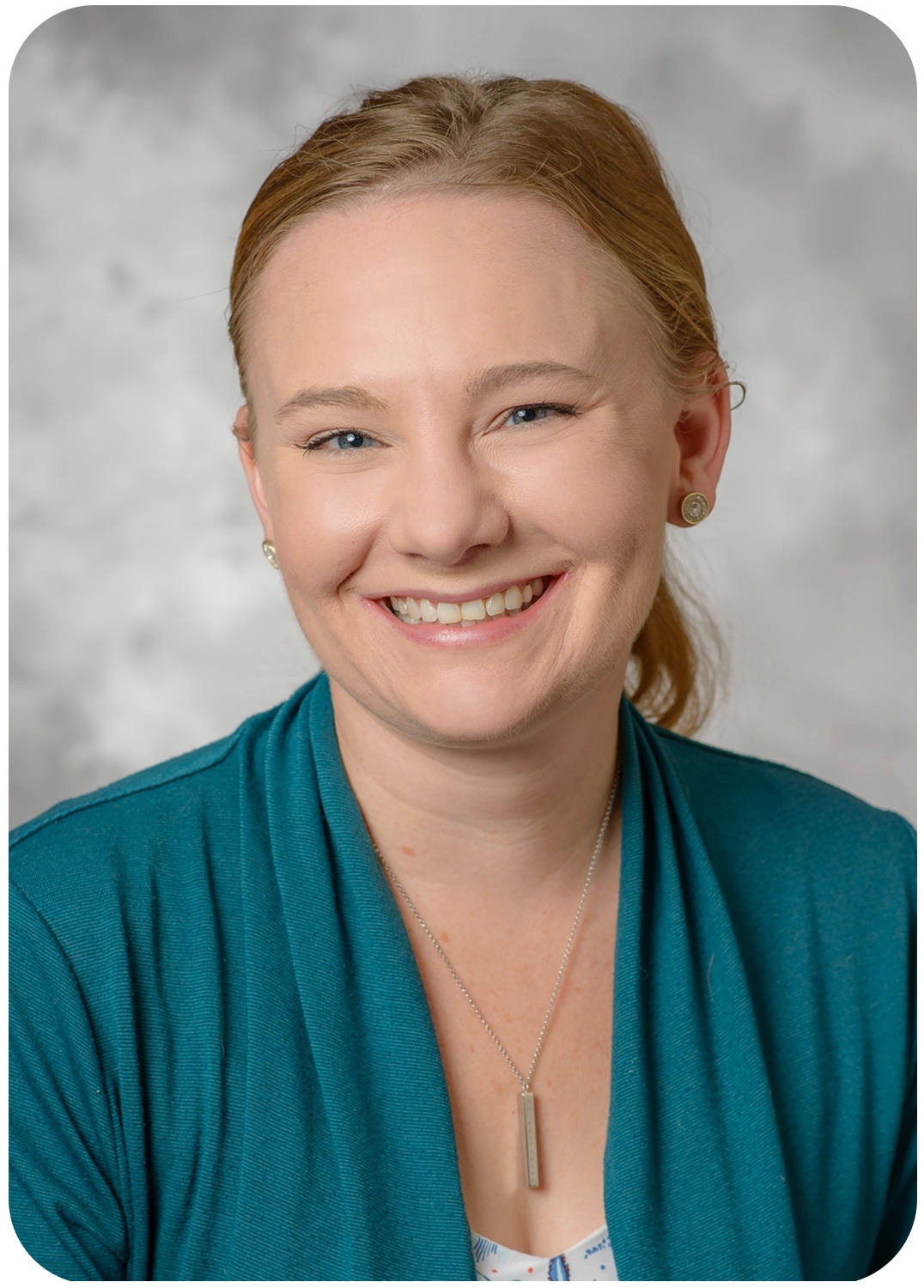 Alcohol Awareness Month was started in April 1987 and has become a national movement. A big part of the work of Alcohol Awareness Month is to point out the stigma that still surrounds alcoholism and substance abuse in general.
Alcohol Awareness Month was started in April 1987 and has become a national movement. A big part of the work of Alcohol Awareness Month is to point out the stigma that still surrounds alcoholism and substance abuse in general.
In recognition of Alcohol Awareness Month, we spoke with Department of Psychiatry Assistant Professor Kathryn Ann Emerick, MD about some of the less-mentioned topics surrounding alcohol use disorder. Dr. Emerick specializes in Addiction Medicine and Adult Psychiatry.
What defines alcoholism or alcohol use disorder? What is the preferred term and why?
Alcoholism is a term used to describe someone with a problematic relationship with alcohol. It is not strictly defined and is subjectively used. Alcohol Use Disorder is a psychiatric diagnosis with specific criteria that must be met and has specifiers such as mild/moderate/severe and early/sustained remission to create a clear, more objective picture of the impact of alcohol use on a person’s life. In the medical community, we use Alcohol Use Disorder because it is a clearly defined term (see definition here).
How prevalent is alcohol use disorder?
In 2018, 7.6% of men aged 18 and older and 4.1% of women aged 18 and older met criteria for an alcohol use disorder.
What are some of the ways people misuse alcohol?
Apart from the pattern of use that you see in alcohol use disorder, people also misuse alcohol via binge drinking, which is defined for men as five drinks in one sitting and for women as four drinks in one sitting. Binge drinking can, over time, decrease the volume of a part of your brain important for memory, learning, and attention. It can also impact your mental health, by worsening symptoms of anxiety and depression.1,2
What is a positive first step an individual struggling with alcohol consumption can make?
It can be helpful to talk to a medical or mental health professional about your alcohol use. With your provider, you can talk about available resources, how to get support and make a plan about how you want to approach your alcohol use. There are multiple pathways to changing your relationship with alcohol and a professional is a good place to start looking at what is available.
What are some of the stigmas surrounding alcohol use disorder that prevent people from seeking help?
 People struggling with alcohol use sometimes find it difficult to ask for treatment because they worry about being judged, being told that they just need to “try harder” and have “more self-discipline." One of the important things to recognize about substance use is that there are significant brain changes that occur. For example, because of changes to the endogenous opioid system, you shift from drinking to feel better to drinking to avoid intense dysphoria (a negative mental/physical state). It is much more difficult to stop drinking when you are trying to avoid feeling miserable. Other brain changes include the part of the brain that signals you to use alcohol starts to bypass the part of your brain that makes decisions, making it almost impossible to “think it through” without a lot of support over time or medication-assisted treatment. The part of your brain that makes decisions also gets less active over time with alcohol use. These are just a few of the many changes that happen in the brain. Essentially, the research and evidence we currently have strongly supports the idea that not being able to cut back on alcohol use is not a voluntary lack of self-control.
People struggling with alcohol use sometimes find it difficult to ask for treatment because they worry about being judged, being told that they just need to “try harder” and have “more self-discipline." One of the important things to recognize about substance use is that there are significant brain changes that occur. For example, because of changes to the endogenous opioid system, you shift from drinking to feel better to drinking to avoid intense dysphoria (a negative mental/physical state). It is much more difficult to stop drinking when you are trying to avoid feeling miserable. Other brain changes include the part of the brain that signals you to use alcohol starts to bypass the part of your brain that makes decisions, making it almost impossible to “think it through” without a lot of support over time or medication-assisted treatment. The part of your brain that makes decisions also gets less active over time with alcohol use. These are just a few of the many changes that happen in the brain. Essentially, the research and evidence we currently have strongly supports the idea that not being able to cut back on alcohol use is not a voluntary lack of self-control.
People can also feel like they are very alone in their struggle. But alcohol use disorders are actually very common and people who run support groups, treatment centers, and other professionals are aware of the prevalence of alcohol use disorders.
What are some treatment and support group options?
Alcoholics Anonymous is a well-known peer support group that offers free meetings all around the country every day. Each group has a slightly different flavor (different ages, life stages, perspectives), so it can be helpful to try “30 in 30” which is 30 meetings in 30 days to find the group that is a good fit for you.
SMART Recovery is a non-profit offering free groups and online support with an evidence-based, CBT based approach to manage habits that are not helping you live the life you want. The focus is on increasing motivation, understanding urges, managing thoughts/feelings, managing momentary vs. enduring satisfaction and improving your ability to cope. You do not have to have the goal of complete abstinence to participate.
Inpatient Detox Stopping alcohol can be dangerous. People who use alcohol heavily can become delirious or even have seizures if they abruptly stop. Detoxing in a hospital setting can make the initial alcohol withdrawal safer and more comfortable with monitoring and medications.
Medication-Assisted Treatment offers medications beyond Antabuse (which causes a very uncomfortable reaction if you ingest anything with alcohol). We have medications that can help with alcohol cravings and decrease the pleasurable effects of alcohol without causing a painful experience.
Additional support options include:
- Al-Anon (for family members)
- Alcohol Use Support Groups in Tucson
- Banner – University Medicine Child & Adolescent Substance Abuse Clinic
- Substance Use Support Groups in Tucson
Citations
1Squeglia, L.M., Sorg, S.F., Schweinsburg, A.D. et al. Binge drinking differentially affects adolescent male and female brain morphometry. Psychopharmacology 220, 529–539 (2012). https://doi.org/10.1007/s00213-011-2500-4
2Falk, D.E., Yi, H.I,Hilton, M.E Age of onset and temporal sequencing of lifetime DSM-IV alcohol use disorders relative to comorbid mood and anxiety disorders. Drug and Alcohol Dependence 94, 234-245 (2008). https://www.sciencedirect.com/science/article/abs/pii/S0376871607004991

